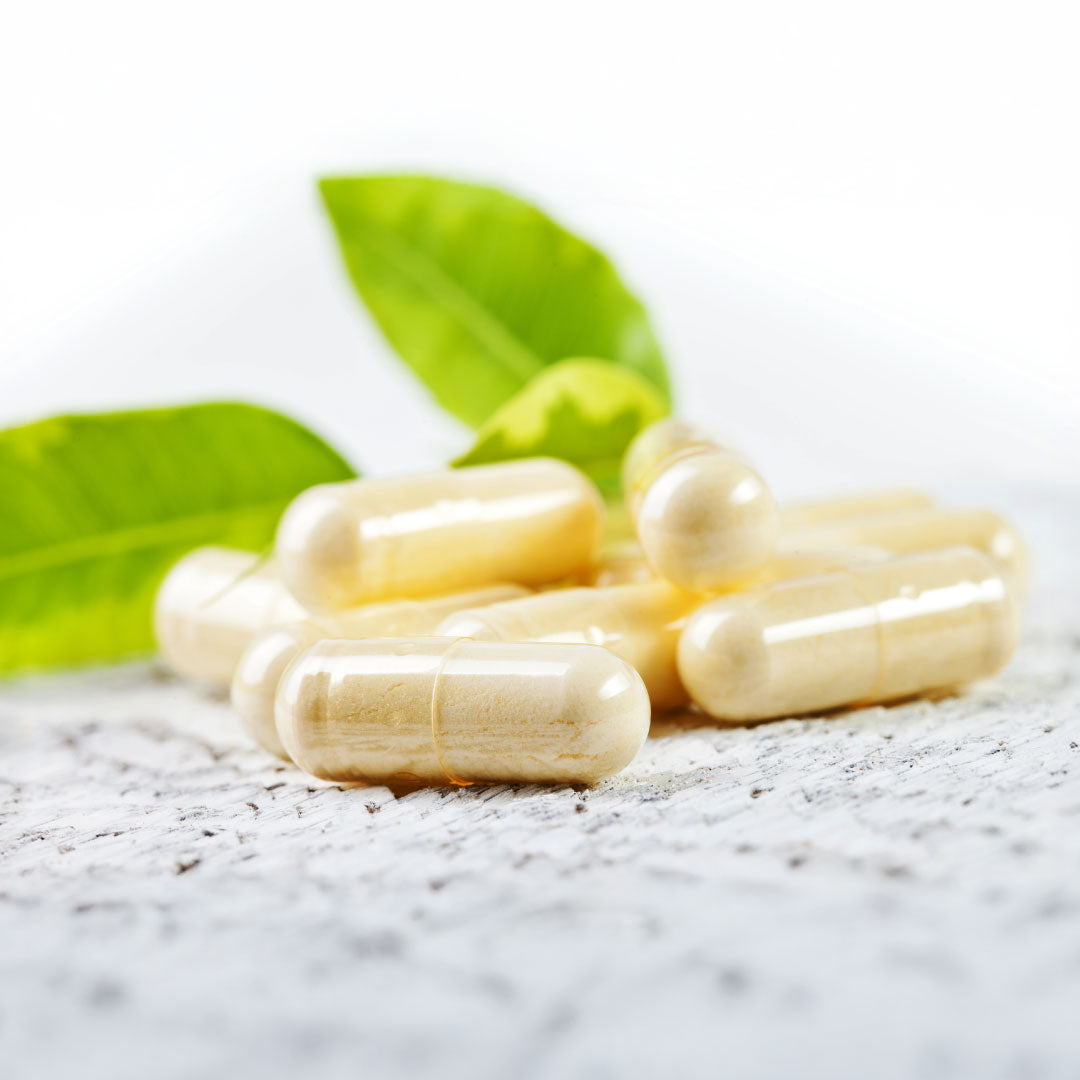We all want to feel our best, especially when juggling a busy life, kids, work, home, hormones, and everything in between. That’s why many of us reach for vitamins and supplements to give us a little boost. But here's something not enough people talk about: how our bodies actually handle these nutrients.
Let’s start with the water-soluble vitamins, vitamin C and the B family. These dissolve in water and are not stored in the body. That means if you take more than you need, your body simply flushes the extra out. No harm done. Yes, that glow-in-the-dark wee is just your body's way of saying, “Thanks, but I’m good.” It’s not dangerous, but constantly overdosing could be a waste of money.
Now the fat-soluble vitamins are a completely different story. We’re talking about vitamins A, D, E, and K, nutrients your body does store, mostly in your liver. Back in the caveman days, this was a survival advantage. If food was scarce, our bodies had a backup of the essentials. Clever, right? But fast-forward to now, and many of us aren’t starving, we’re swimming in multivitamins. And if you’re in your 50s or 60s, your liver may not be as efficient at processing those extras, which can lead to vitamin buildup. That’s what we call toxicity.
Take vitamin A as an example. Too much of it can actually harm you. That’s why nutritionists suggest not eating liver every single day, it’s so rich in vitamin A that it can easily tip you over the edge. So when you’re reading supplement labels, be especially mindful of the NRV (Nutrient Reference Value) here in the UK. It’s the daily amount your body needs. For instance, the NRV for vitamin K is 75 micrograms. If your supplement offers 250% of that, you’re getting more than double what your body actually needs every day. And with fat-soluble vitamins, that can add up fast.
So what should you do? My honest advice is this: don’t worry too much about water-soluble vitamins, the excess just leaves your body. But with fat-soluble ones, read the labels. If a number looks wild, pause and ask yourself, “Is this really helping me?”
And remember, if you're eating proper, balanced meals, you likely don't need massive doses of anything. Supplements are here to support your health, not replace real food. We keep things simple, honest and fact-based here, no fluff, just wellness that works.
-- Written by Hala Ali, founder of Dietapplements















